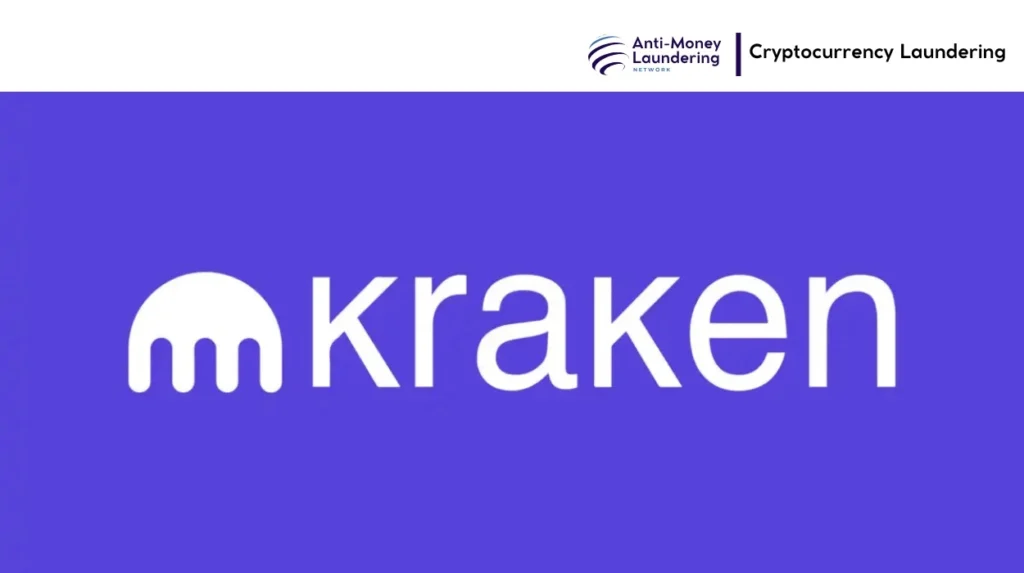Kraken Exchange’s case exposes critical flaws in cryptocurrency platform compliance, where lax sanctions enforcement allowed illicit activity from sanctioned regions like Iran. Despite self-disclosure and remedial efforts, Kraken’s continued regulatory breaches—including operating as an unregistered securities exchange—highlight systemic weaknesses and urgent need for stringent AML oversight in the booming crypto sector.
Kraken Exchange’s money laundering and sanctions violation case emphasizes the systemic risks arising when exchange platforms fail to sufficiently monitor for jurisdictional circumvention. Despite onboarding checks, Kraken’s controls were circumvented by users employing IP spoofing to execute prohibited transactions out of Iran, exposing a crucial gap in AML program effectiveness. As a Delaware-based firm with global reach—including subsidiary and shell company connections in the Cayman Islands—Kraken faced scrutiny for leveraging offshore privacy protections that can hinder law enforcement efforts, though no regulatory action has yet targeted its Cayman operations specifically.

